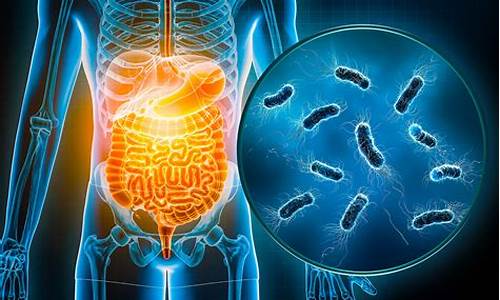Maintaining a healthy gut is essential for overall well-being, as it plays a crucial role in digestion, immunity, and even mental health. The foods we consume can significantly impact our gut microbiota, which consists of trillions of bacteria that support these vital functions. In this article, we will explore a variety of foods that promote gut health and provide practical tips for incorporating them into your diet. These foods are rich in fiber, probiotics, and prebiotics, which are essential for maintaining a balanced and thriving gut environment.
Probiotic-Rich Foods: Boosting Your Gut Flora
Probiotics are live bacteria that provide health benefits when consumed in adequate amounts. Foods that contain natural probiotics help replenish beneficial bacteria in the gut, which is crucial for digestion and immune function. Yogurt, kefir, kimchi, sauerkraut, and miso are all excellent sources of probiotics. Including these foods in your diet can help maintain a healthy balance of gut bacteria and improve digestion. Fermented foods, in particular, are an easy and tasty way to introduce more probiotics into your daily routine.
Fiber-Rich Foods: Supporting Healthy Digestion
Fiber is another essential component of a gut-friendly diet. It helps promote regular bowel movements and supports the growth of healthy bacteria in the gut. Whole grains, fruits, vegetables, legumes, and seeds are excellent sources of fiber. Oats, apples, carrots, and beans, for instance, are particularly beneficial for gut health due to their high fiber content. Increasing your fiber intake can help prevent constipation and promote a thriving digestive system.
Prebiotic Foods: Nourishing Beneficial Gut Bacteria
Prebiotics are types of fiber that feed the good bacteria in the gut. By consuming prebiotic foods, you encourage the growth of beneficial microbes that improve digestion and enhance immunity. Common prebiotic foods include garlic, onions, leeks, bananas, asparagus, and artichokes. These foods contain specific types of fiber, such as inulin, that help support the growth of probiotics already present in the gut.

Hydration: The Key to a Healthy Gut
Staying well-hydrated is just as important for gut health as eating the right foods. Drinking plenty of water ensures that fiber can move easily through your digestive system, preventing constipation and promoting a healthy gut environment. Herbal teas, such as ginger or peppermint tea, can also be beneficial for soothing the digestive tract and alleviating bloating.
Conclusion: A Balanced Diet for a Healthier Gut
Incorporating a variety of gut-friendly foods into your diet can greatly improve your digestive health. Probiotics, fiber, and prebiotics all play important roles in supporting a balanced gut microbiota and promoting optimal digestion. Remember to include a mix of fermented foods, fiber-rich fruits and vegetables, and prebiotic-rich foods in your meals. By making these changes, you can enhance your gut health and, ultimately, improve your overall well-being.